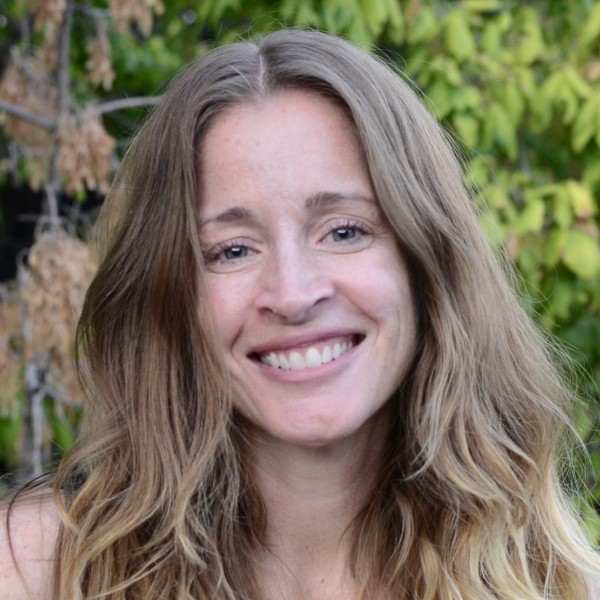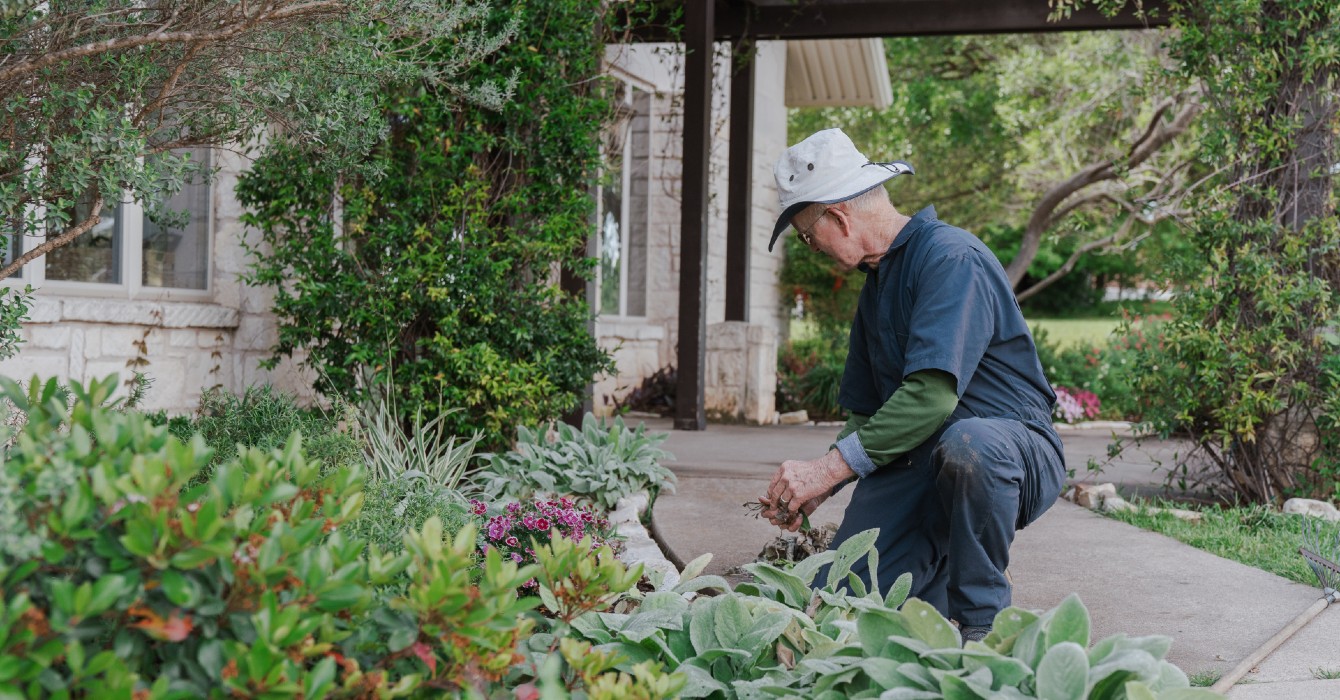The Cliff Temple neighborhood in South Dallas is like many urban neighborhoods in North America. Parts of it are decaying. Parts are gentrifying. Parts are home to new Americans. And, just under the surface, there are human needs that go largely unnoticed -- Unless people start paying attention.
That’s what happened to the Rev. Joel Pulis. As the youngest minister on staff at the Cliff Temple Baptist Church, Joel was the person tasked with answering the door when folks came to the church for help. For the most part, these visits ended the same way they do at many churches: a referral here, a bag of food there; a modest and well-meaning prayer. It didn’t take long before Joel began to wonder if he could do something more.
In 2002, Pulis resigned his position -- but not his relationship -- with the church and became Oak Cliff’s unofficial roving minister to the down and out. As he began to probe the depths of human need, he soon discovered that many of the people he was trying to help were the victims of mental illness.
Today, Joel serves as the pastor of The Well Community. It is apparently the only church just for the mentally ill in the United States. As the name implies, The Well is a gathering place. The people who gather are often unaccustomed to having a person or place around which to gather and this is the secret to the church’s success.
The mentally ill often live in isolation. To make it in society, however, they are expected to navigate a mental health system that’s difficult for even the healthiest and best-connected to grasp. The Well moves people from isolation into meaningful relationships. Henri Nowen might call this the move from hostility to hospitality.
On any given Saturday, as many as 90 members of the community gather for a worship service and an evening meal in a large meeting room at Cliff Temple Baptist. Joel’s brother Josh plays the guitar. A few of the community members help lead the singing while a few others lift their hands in praise to God. Joel’s message is simple and direct. The service concludes with a time of sharing. One member asks for prayer for her sister. Another asks for increased faith. Another member reports a successful first week as a sacker at a local grocery store.
On the other days of the week, members of the Well gather at their Community Life Center. A year ago, the Center was granted ‘clubhouse’ status—an internationally recognized mental health rehabilitation model focused on the strengths of the community member rather than his or her illness. Of the 400 clubhouses based around the world, The Well is one of a very few who are faith-based.
Executive Director Jeff Alsup notes that several of the employees of The Well are social workers, but he is quick to emphasize that there are no ‘clients’ at the clubhouse. There are only ‘members’. At the clubhouse, the members are the experts. They are there to help each another navigate the city bus system and they know how to do it better than their social worker. Members tell each other where to go for disability benefits because they’ve been there before. Some members make coffee. Some members sort mail. Some just hang out.
At the Well, engagement at any level can lead to recovery.
Gannon Sims is a Pastoral Resident at Wilshire Baptist Church in Dallas.











